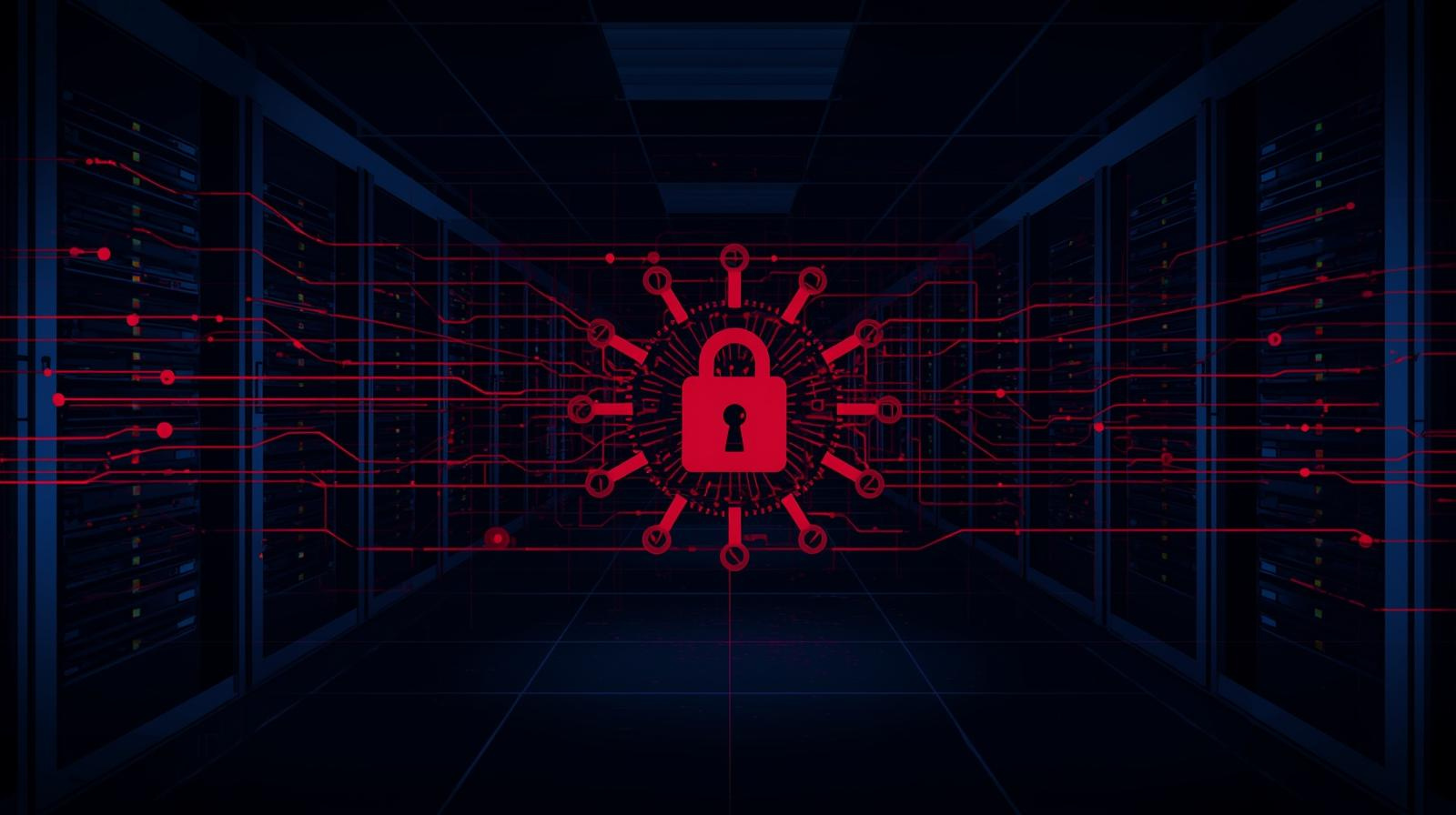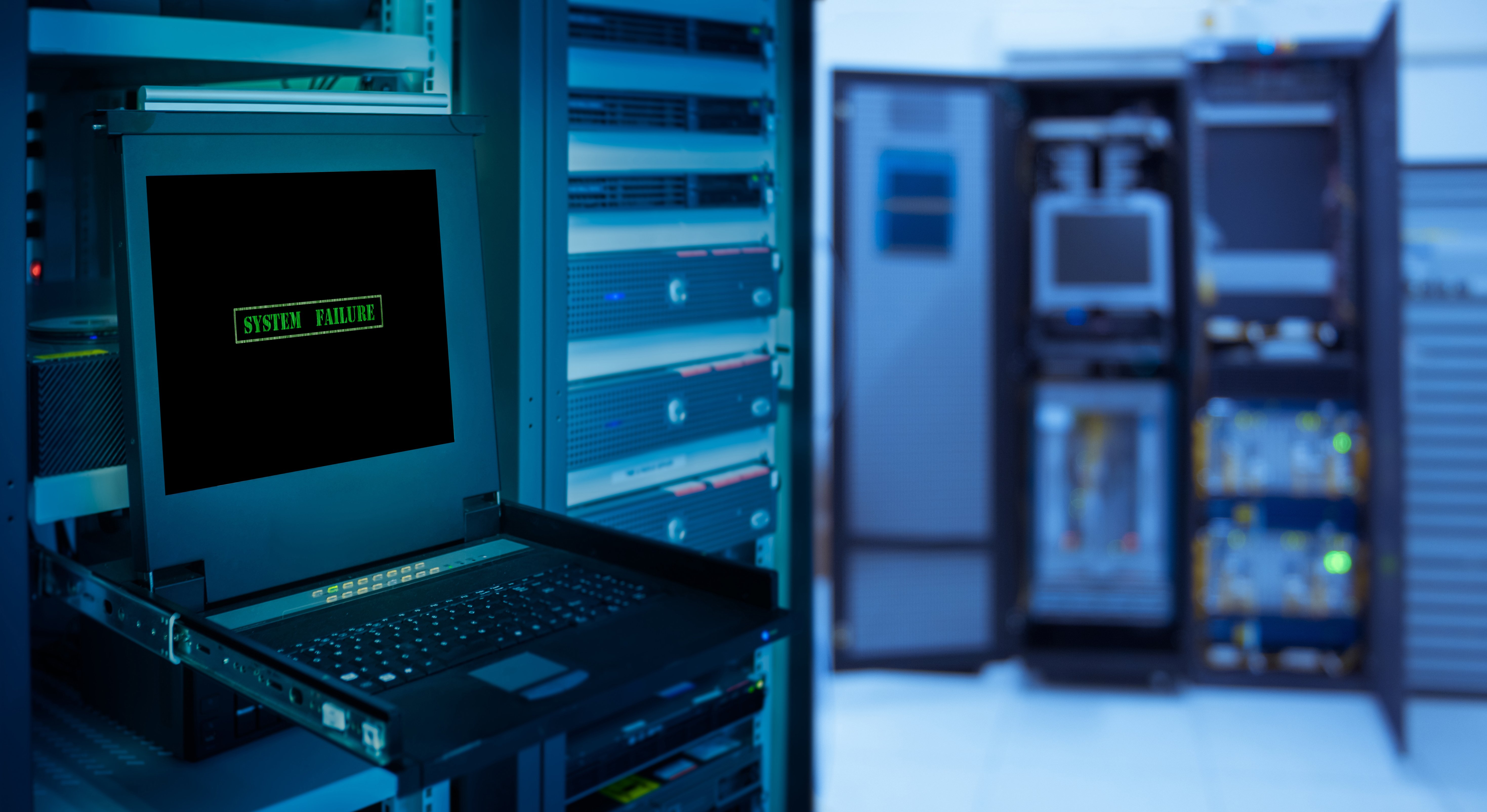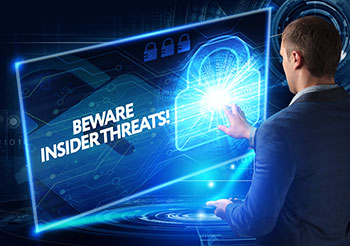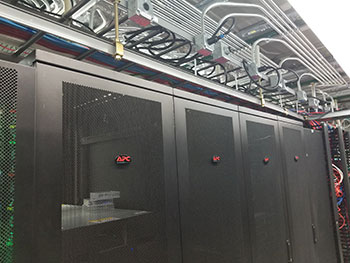3 Ways to Overcome IT Challenges as an SMB
Small to medium-sized businesses are constantly under pressure to do more with less, especially when it comes to technology. With a limited budget, they face multiple challenges that can hinder growth and efficiency including costly infrastructure, defending against cyber threats, and juggling a wide range of IT responsibilities. Fortunately, there are strategic, cost-effective solutions that can help. Embracing cloud technology, investing in cybersecurity, and leveraging managed services are three ways SMBs can let their teams focus on what truly matters: serving customers and growing the business. Let’s look at each of these now.
Read MoreRacksquared Data Centers Expands into Louisville, Kentucky
Racksquared Data Centers Expands into Louisville, Kentucky
Read More3 iSeries Tips from a Rookie
I am new to the world of IBM Power but in the last 6 months, I've learned a lot and would like to share some of those key learnings with you. I'm going to talk about how staying current on your OS avoids trouble, why you need to follow the 3-2-1 best practices rule for backups, and how having a disaster recovery plan prepares you for a worst-case scenario.
Read MoreIBM Power: Hosted On-Premises or in the Cloud?
According to TechTargets, “The term cloud came into widespread use in 2006 when Amazon launched AWS with the Elastic Compute Cloud (EC2) service”. Since that time, there have been endless debates as to whether it is better to host IT infrastructure on-premises or in the cloud. From my perspective, the answer is a definite “it depends”. How do you figure out what’s best for you? Check out the three questions you need to ask as you determine on-premises versus the cloud. Your company should have the expertise, technology, and environment to support your business requirements.
Read MoreIBM Power Disaster Recovery Story: From V5R3 to V7R4 in 36 Hours
Earlier this year, I wrote an article entitled The IBM Power Trap that described how a series of decisions related to how you manage your applications and IBM Power can leave you stuck. A few people reached out to me with questions so I thought it might be appropriate to share a real-life story about one of our customers, we will call them Glass Corp International (GCI), that got caught in this trap and had to be rescued.
Read MoreWill “insider threats” be the downfall of your cybersecurity strategy?
When security incidents originate within the organization, whether through malicious intent or negligence, these incidents are considered as coming from “insider threats.” A recent IBM Security Study, “The Cost of Insider Threats,” indicated that 77% of these threats are related to employees accidentally sharing information (either through negligence or theft). The study included 204 companies with 4,716 insider incidents and placed an average annualized cost of $7.37 million on these incidents. While these costs, may not reflect what a small or medium-sized business might experience, the bottom line is these incidents result in significant expenses to the companies that are attacked.
Read MoreHow Colocation Services Reduce Business Risk
Have you ever wondered if colocation services make sense for your company? Consider this, Vertiv and the Ponemon Institute conducted a survey of 63 data centers, that had experienced outages, and found that 46% were caused by data center equipment issues such as uninterruptible power supplies (UPSs) and generators, 22% human errors, 22% cybercrime, and 10% were related to weather. By adopting a colocation strategy, you can dramatically reduce your business risk associated with each of these factors.
Read MoreSupporting Remote Workers: 3 Details That Should be Top of Mind
Working remotely isn't a new phenomenon, but what is new is everyone working remotely. With that sharp increase in remote workers comes several challenges. In a business-as-usual environment, the decision to begin a work-from-home program would take weeks or even months of planning. Once the plan was developed, the concept would be tested and slowly rolled out while leadership managed and monitored how it was changing the business.
This methodical, planned approach completely shifted with the pandemic. In March 2020, many companies took "work from home" from concept to production in a matter of days. This was done out of necessity, and it is likely that in the haste of immediate action, lots of details were missed. Now that work from home is a reality, here are three things that should be top of mind.
Disaster Recovery: Designing a plan to enable remote workers
According to OWL Labs’s “State of Remote Work 2019” survey 30% of all full time employee are working from home up from 18% in 2018. What is unknown is how many companies have the capacity for larger amounts of people working remotely in the event of a disaster.
Disasters come in many shapes and size and as IT leaders, we have been tasked with developing disaster recovery (DR) plans that will minimize the risk for our companies. Through the years, this has meant getting good backups, making systems more resilient and reducing recovery time objectives. The focus on hardware and data has created systems that are very reliable but what many of these DR plans fail to consider is “how will my employees work if they are no longer able to go to the office?”.
Read More

.png)






